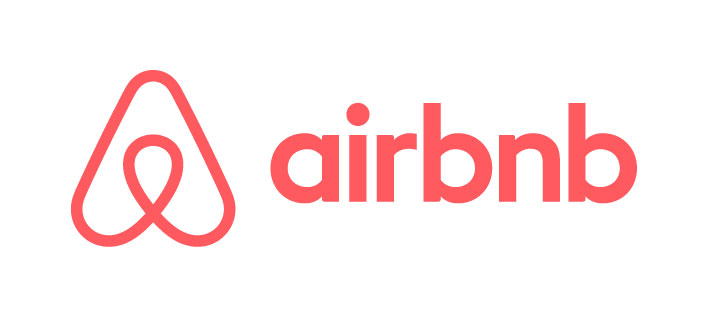
Alternative accommodation providers like Airbnb is emerging as a significant threat to the industry given the decline in the number of compression nights at U.S. hotels in 2016 as revealed by Morgan Stanley Research.
In 2016 Compression Nights Deep Dive: Profit Contribution, equity analysts Thomas Allen and Mark Savino and research associate Chaodan Zheng use compression nights as a proxy for the impact of alternative lodging on traditional hotels.
Last year, compression nights, defined as nights when hotel occupancy is greater than 95 percent, fell 17 percent year over year among the 25 U.S. markets with the most hotel rooms, the first time that has happened since 2009. However, the occupancy rate continued to remain more than 1 percent higher in 2016 than in 2014. As per the report, this meant the other factors impacting hotels’ ability to fill during busy times.
According to the report, compression nights comprised only 3 percent of total room nights last year but made up 8 percent of hotels’ profits. Nights when occupancy was greater than 90 percent made up 11 percent of total room nights and generated 28 percent of hotels’ profits. The popularity and use of Airbnb rose from 12 percent of travellers in 2015 to 18 percent in 2016 and 2017 is all set to follow the trend.